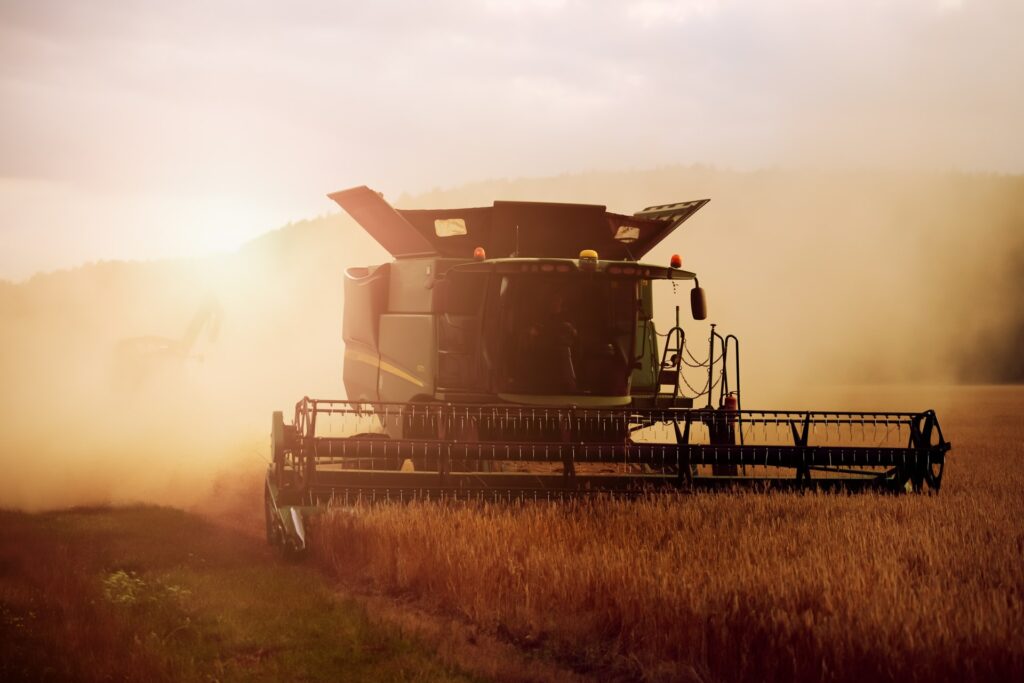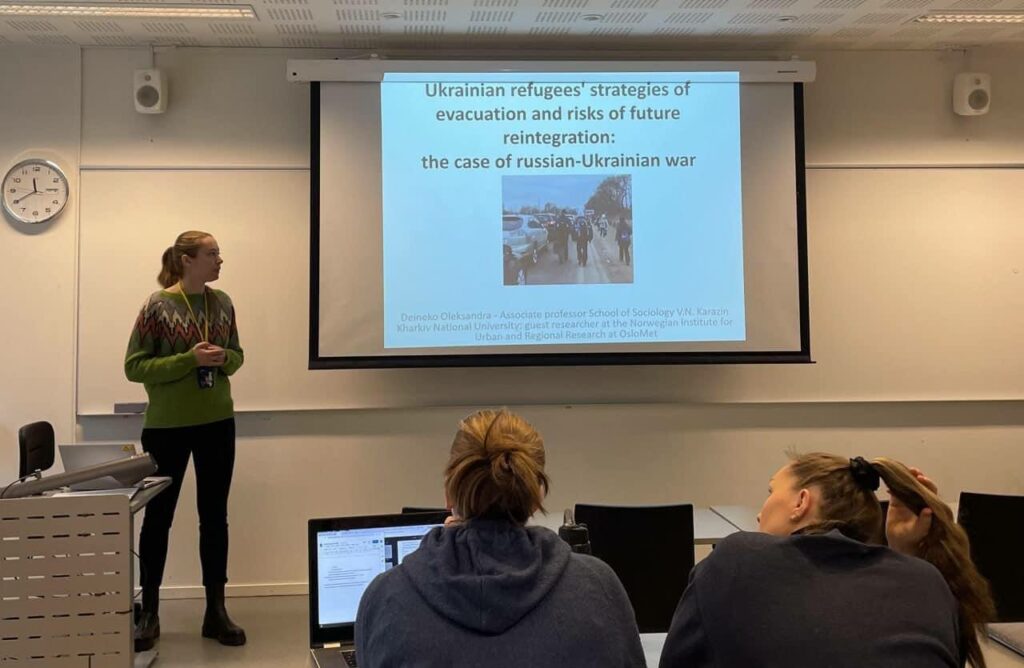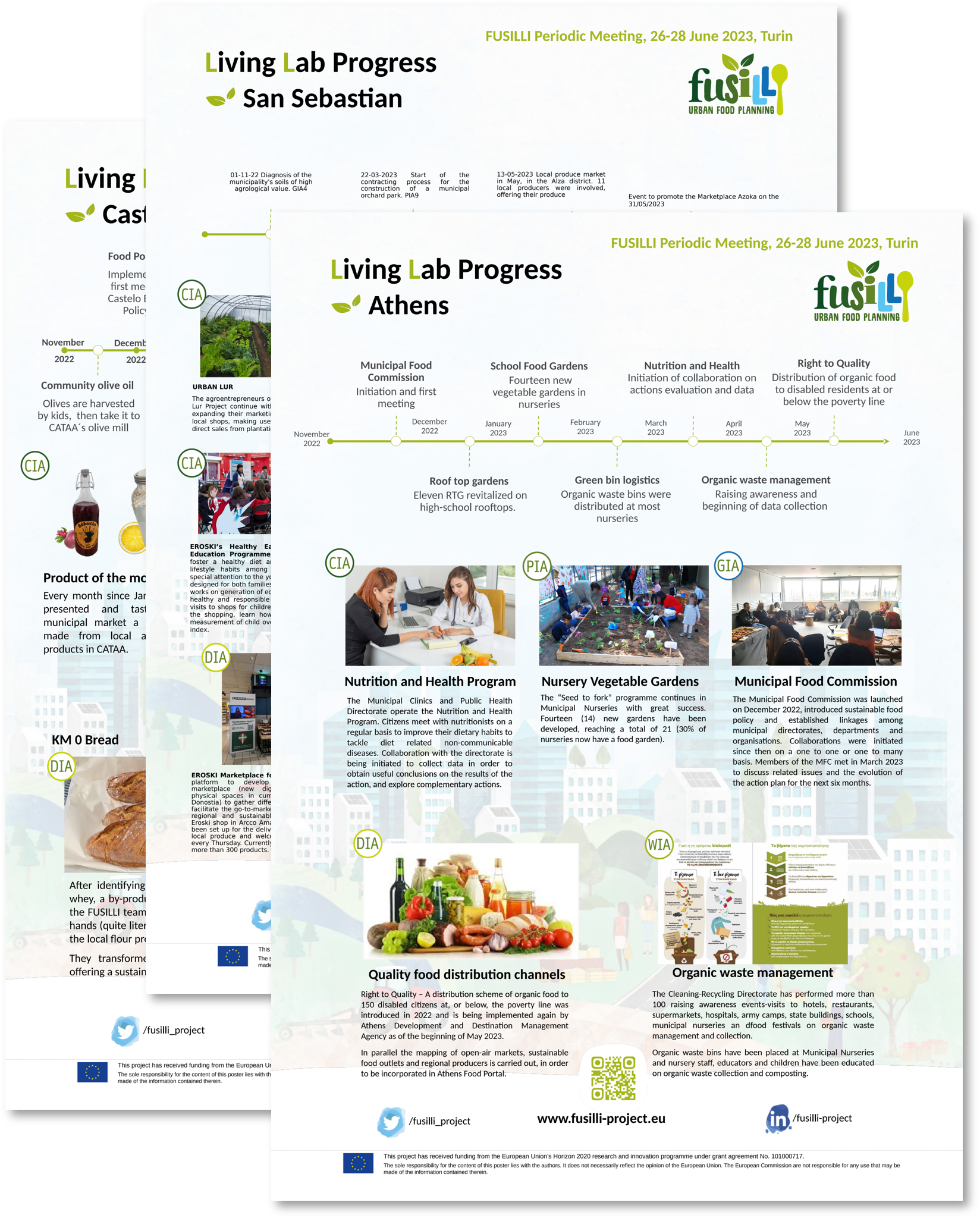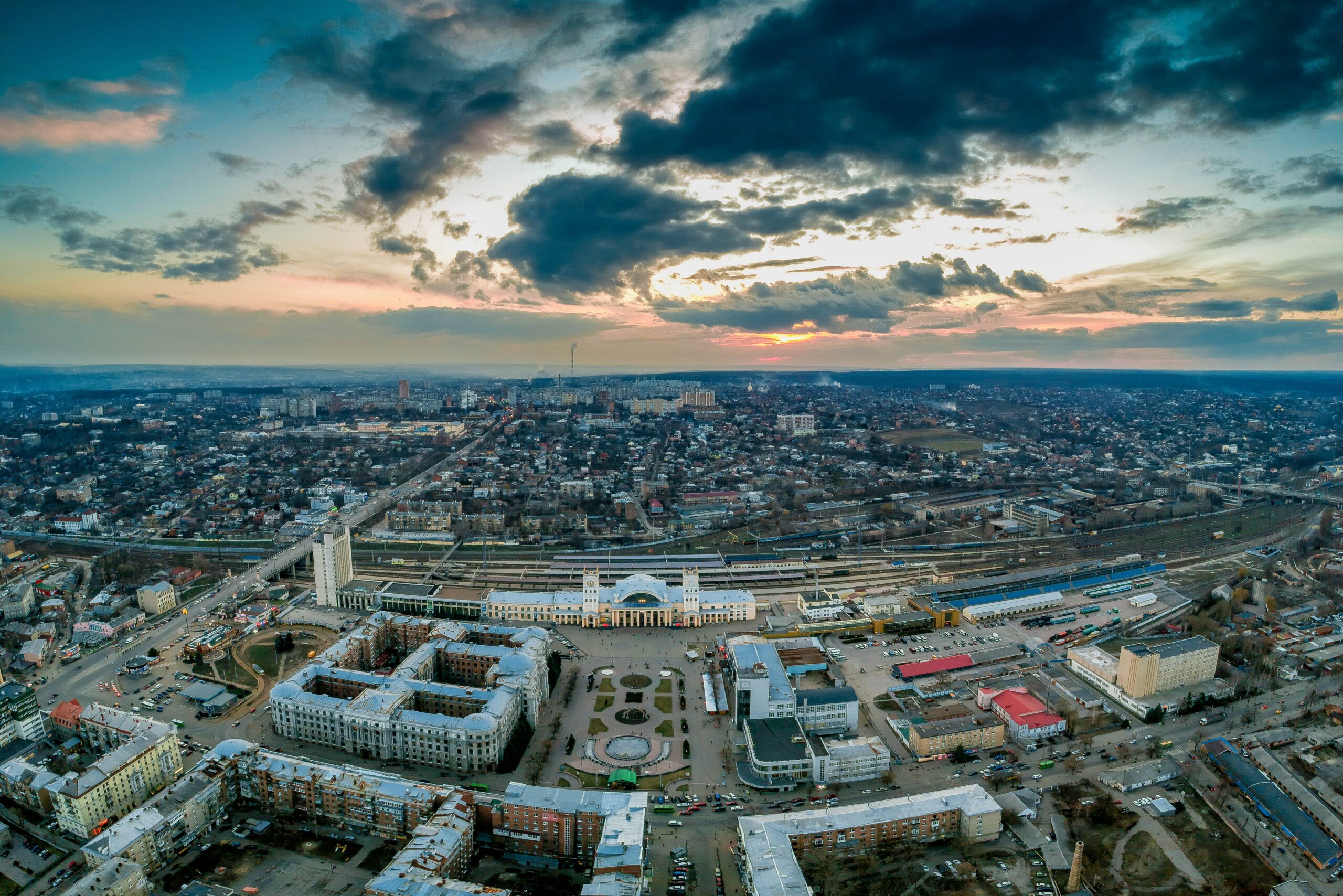Kharkiv Living Lab Outcomes and Tools
The FUSILLI Kharkiv Living Lab has developed various outcomes and tools over the 4 years of project life time between 2021-2024. These city specific Living Lab outcomes and tools can be found on this page
Kharkiv's Roadmap
See their complete LL Roadmap
Kharkiv's Evaluation of Innovative Actions
See the evaluation of their implemented actions defined in the action plan
Kharkiv's Food Action Plan
Read their complete Urban Food Action Plan
Summary - Urban Food Action Plan - English
Read the LL's Urban Food Action Plan in English
Summary - Urban Food Action Plan - Ukrainian
Read the LL's Urban Food Action Plan in the local language
Updates from the Living Lab
Kharkiv
Athens
Kharkiv is a modern metropolis located in eastern Ukraine. It was founded in 1654 and today is a leading center of the agro-industrial sector, intellectual and educational activities, IT-hub of modern Ukraine. The State Statistics Service estimates that Kharkiv has a population of over 1.4 million and an area of 350 km2.
The unofficial name of Kharkiv is “First Capital” or “Eastern Capital”, because from 1918 to 1934 Kharkiv was the capital of the USSR. Kharkiv is the only city in Ukraine that has a full set of Council of Europe awards: European Diploma, the Flag of Honour, the Plague of Honour and the Europe Prize.
Kharkiv is one of the greenest cities in Ukraine, the green zone of which is tens of km2, and the city itself has a large number of parks, squares, recreation areas and more. In addition, Kharkiv has well-known not only in Ukraine, but also around the world enterprises of heavy industry, agro-industrial complex of the country, well-known universities and cultural institutions. For example, in Kharkiv there are 60 research institutes, 41 higher education institutions, 8 museums, the city art gallery, 7 state and several dozen non-state theaters, 80 libraries.
On March 6, 2022, by the Decree of the President of Ukraine, the city was awarded the honorary award “Hero City of Ukraine” to commemorate the mass heroism and resilience of citizens who defended their cities during the repulse of the armed aggression of the Russian Federation against Ukraine.
Main objectives and planned implementations
The main objective of the project in Kharkiv is to support a sustainable food system of the city and the region, as well as the formation of new logistical mechanisms for food distribution. The planned implementation goals are realized on the basis of:
- Reduction of food waste,
- Operation of Living Labs,
- Educational and school activities,
- Education and promotion of sustainable food systems,
- Establishing partnerships with local governments,
- Innovative activity,
- Search for new logistics chains to manage the flow of food systems.
Each project task in Kharkiv requires the involvement of local volunteers and activists, local government representatives, independent researchers and specialists in the field of food policy and sustainable food systems, including nutritionists, scientists, farmers and agricultural producers. In addition, the project involves the creation and permanent operation of Living Labs in Kharkiv schools located in different parts of the city. This will allow us to cover the city’s food system as much as possible, as well as strengthen opportunities for further implementation of the research project.
The focus of our research
Today, the Kharkiv team of researchers is working to support the viability of food systems in Kharkiv during the war. We analyze the emergence of innovative food systems, volunteer activities, monitor the food security of the region, the humanitarian situation in the city, analyze the progress of the sowing campaign, communicate with local producers about their work in wartime.
In general, our team focuses its research on the analysis of various innovative actions at all stages of the food chain, in particular: food production and processing, urban / regional distribution and logistics routes, consumption culture and food literacy, food waste processing, food management vectors politics in the city.
In addition, one of the goals of our project is to create a “Knowledge Bank” that will be open to everybody and will contain information about the city’s food systems, food and security policy, regional food distribution and more. In particular, we plan to create a food map of the city using the mapping method, as well as identify the main problems of the city food system for their possible solution.
Links to local FUSILLI pages in Ukrainian
Contact
Olena Muradyan
Dean of the School of Sociology
V.N.Karazin Kharkiv National University




